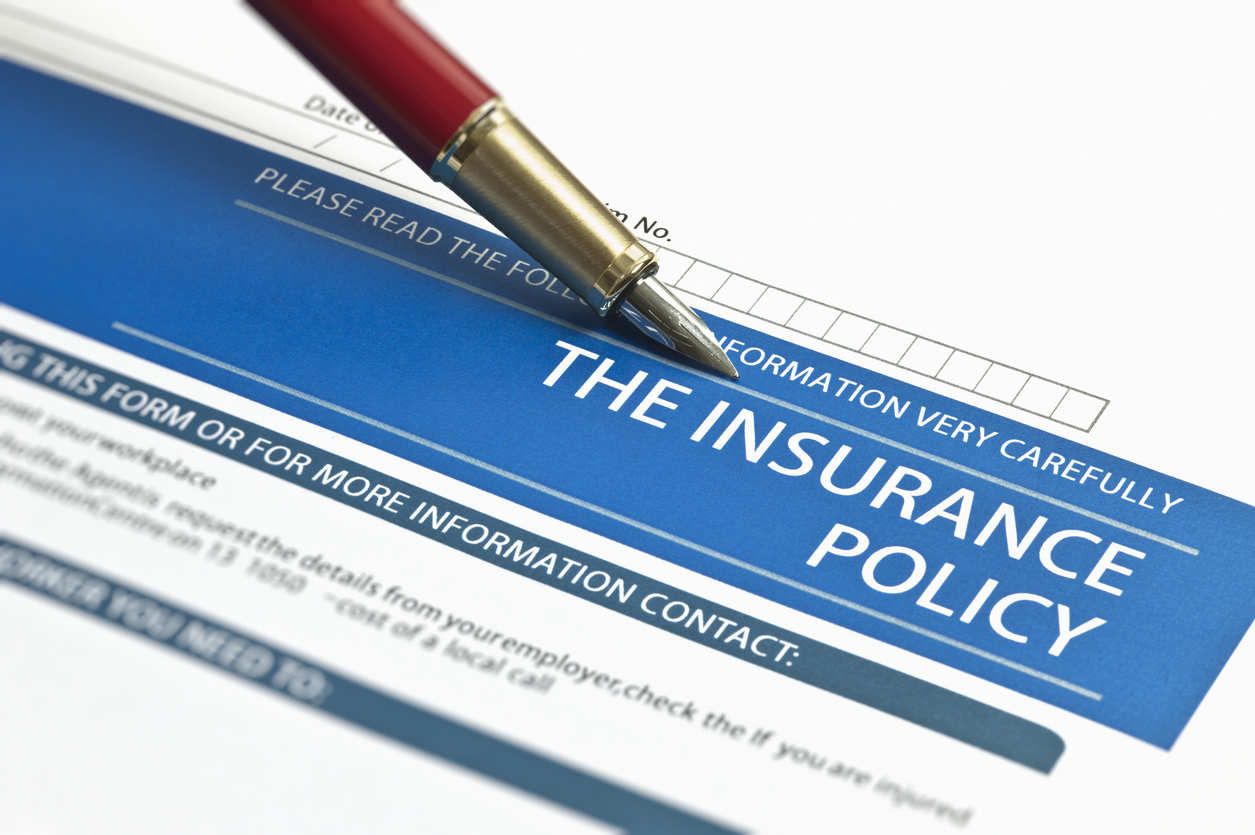Fulcrum Inquiry, an accounting firm in Los Angeles, California, prepared a very helpful list of practice pointers that is worth sharing in order to make the business income claims process more effective and less frustrating for all. I frequently employ most of these methods with great success and strongly advocate for a transparent and thoughtful claims process that helps all interested parties achieve their claim goals.
Claim Preparation Best Practices
Communicate Often and Positively – The people in the preceding section have certain common interests with your company. You both want to reduce your loss, return your business to normal as quickly as possible, and resolve the insurance claim with as little delay and controversy as possible. Try to maintain a positive relationship with the carrier’s representatives. This may allow you to get early feedback as to the expectations of the insurance company’s representative, which in turn may save you time by preparing the claim properly the first time. You will also want to keep the insurance company well informed of your actions. In some cases, the carrier may want to make their own inspections, and sell damaged property before you proceed.
Get Outside Help – Some policies will pay for the cost to hire your own claims accountant/consultant. The long list of professionals mentioned in the preceding section will look after the insurance company’s interests. When losses are high, you should match the carrier’s efforts with your own expertise. An experienced claim consultant will be able to:
- Provide a skeptical and independent view of what is reasonable.
- Advise you as to what is allowable, and ensure that your claim is as large as permissible;
- Avoid wasted time and effort from a claim that does not comply with policy restrictions, and
- Negotiate with the carrier’s adjustors and accountants.
Identify a Leader – Claim preparation and management should be supported with someone who has the authority to marshal resources within your company. The leader will need to have broad knowledge of the business. Usually, someone from the risk management or accounting functions, supported by executive management, will take this responsibility.
Get an Advance – Negotiate a funding arrangement that advances cash to allow your business to start its recovery. Insurers will generally agree to such advances. However, make sure that these advances are not a final settlement of claims.
Create a Timetable – The claim preparation will likely involve multiple functions within your company, each of which requires coordination. Your employees will be busy getting your operations back to normal, so it is easy to delay claim preparation tasks. If not controlled, these delays will keep your company from getting a timely settlement, and may even cause you to miss deadlines required by your policy. Having an outside advisor will provide additional short-term resources that will assist keeping on schedule.
Gather Documentation – To obtain a smooth and rapid settlement, you will need to support your claim with detailed business records. Your policy will not specify the records that you will need to produce to document your claim; nevertheless, the insurance company’s adjustor and outside accountant will demand substantial documentation before any claim is allowed. Your claim calculation and documentation will need to be much more than a computer-generated spreadsheet. Each key variable will need to be supported with contemporaneous business records and related analysis.
Use Multiple Approaches – Claims can be prepared based on (i) specific identification, and (ii) trend, statistical and other analyses. By looking at your claim from multiple perspectives, your business is more likely to address all claim amounts, and have a more comprehensive and convincing analysis.
Use your Accounting System to Capture Extra Costs – Policies often contain coverage for extra expenses that would not otherwise have been incurred. These costs vary considerable, and are naturally recorded in a wide range of your regular accounting codes. Simplify the claim preparation process by creating accounts that are used only for extra costs relating to the tragedy. Since you will need to show that these costs are incremental to the disaster, contemporaneously record the reason that the cost was incurred, and why this was caused by the disaster.
Identify a Single Point of Contact – All requests of your company by the insurance company’s team should be channeled through a single person. Do not let the insurance company’s accountants or other representative meet with anyone at your company unless this single company representative is also present.
Prepare a Formal Claim – The claim will ultimately be reviewed by several parties, some of whom do not understand your business and the background of your loss. The claim should be a stand-alone document in an easy-to-understand format. To avoid the need for controversy and ongoing dispute, prepare the claim as if there will be a dispute and the document will need to be presented in a court of law.
Communicate in Writing – To avoid misunderstandings, have the insurance company’s accountants provide their information and document requests in writing. Maintain a written log of everything that has been provided, as it is common for the insurance company representatives to otherwise request the same information on multiple occasions. Once the insurance company’s accountants have prepared their analysis, get a copy of this calculation so that your team has time to understand the differences in approach and/or analysis. This will make meetings to discuss the claim more productive.



